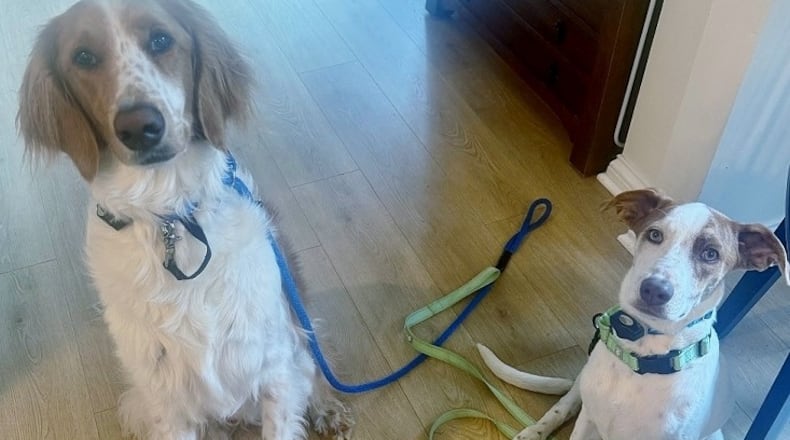For many seniors, one concern stops them from adopting a furry friend: “What happens if my pet outlives me?”
There are countless stories of pets finding themselves in difficult situations because an owner who died thought they would be taken care of and, for whatever reason, were not.
A dog I’ve come to know and love wound up in such a predicament when the mom died and nobody in the family wanted to adopt her. A beautiful and loving pit bull, she soon found herself sitting in a kill shelter after losing a leg when struck by a car.
Fortunately, two rescue organizations and a foster family stepped up. She is now in a loving home.
After you have chosen the right pet or pets to love and care for in your golden years, it’s time to consider what steps to take to ensure they are taken care of if you need to move into assisted living, hospice or precede them in death.
Formal estate planning for your animals can ease your mind and reassure you that they will be taken care of just as you would like.
“Planning for pets isn’t something that occurs to many people – it just isn’t top of mind,” said Kim Estess, a Dayton attorney who has specialized in estate planning for 13 years.
“People tend to think about their estate in terms of financial accounts, real estate and tangible items like jewelry or art. Pets often don’t cross their minds unless we bring it up. One exception is in cases where the client doesn’t have children — often their pet is essentially their child in those cases, and planning for pets is an important priority for those families.”
I asked Kim, who has a 4-year-old Irish Setter Doodle named Walter and a 6-month-old mixed breed puppy named Artie, why it is important for pet owners to write down their thoughts for their pets if they pass before them?
“Just like with everything else when it comes to estate planning, the emphasis needs to be on planning,” she said. “If a pet owner doesn’t think about what might happen to their pet after their death, there is no telling what might take place. In some cases, a family member or friend may step up and take the surviving pets, but in others, they may end up surrendered at an animal shelter or euthanized.”
Finally, I asked Kim if there is anything she has learned over time that pet owners normally wouldn’t think of?
“I’ve had a wide variety of experiences planning for pets over the years,” she said. “For some unique animals, like birds and horses, I’ve had clients arrange with different organizations in town that would be willing to take on the animals. In other cases, I’ve had clients provide me with a list of what animals they thought would be easily re-homed and which ones should be humanely euthanized if the owner predeceases the animal.
“The most common approach I see is for the client to have made arrangements with a friend or family member who is willing to take the pet, and the client will leave a cash gift to that person, on the condition that they do take the pet, to help provide care of the animal for the remainder of its life.”
Figuring out what will happen to your animals if you are no longer alive does take some thought. From my standpoint, for what they give to us, it’s well worth the effort.
Karin Spicer is a member of the Dog Writers Association of America and the Cat Writer’s Association.
MORE DETAILS
Combating loneliness is among the many benefits to owning a pet for older adults. Loneliness is estimated to affect more than half of U.S. adults, but seniors who own a pet are 36% less likely to feel lonely than those who don’t own pets.
Online: eldercarealliance.org/blog/benefits‑of‑pets
.
About the Author

